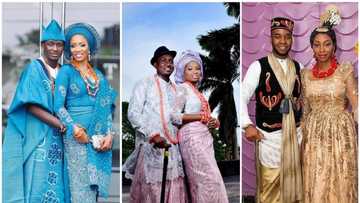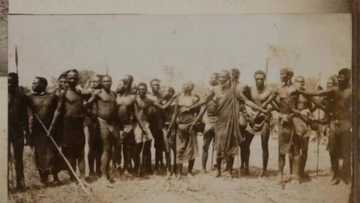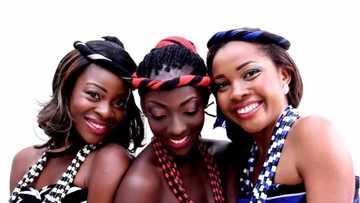Benue State culture and traditions
Benue state culture is a huge heritage from the past times, from the epochs when local tribes and ethnic groups had their ancient beliefs and worshipped ancient powers in their own specific way. Let’s see what they have from this heritage now.
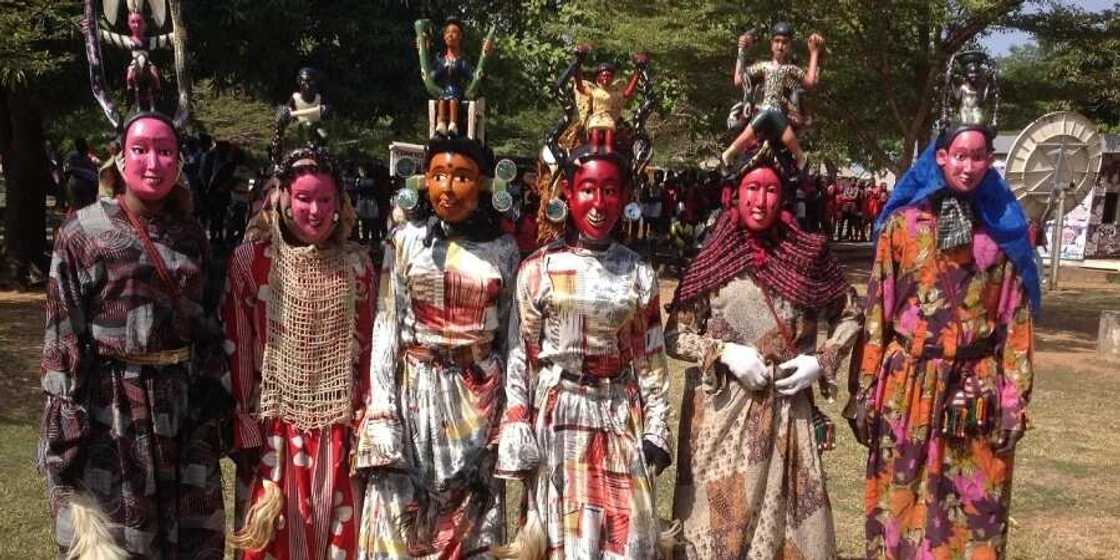
Source: UGC
Image source: depositphotos.com
What’s Benue ethnic culture?
The culture of Benue State is a mixture of beliefs, traditions, customs, and habits, since the area is inhabited by several different ethnic groups. They are Tiv, Igbo, Hausa, Idoma, Igede, Abakpa, Etulo, Jukun, Nyifon, and Akweya. Of course, all of them have contributed into the general culture face of the state. However, Tiv are the most numerous in this state, and their culture and traditions are dominating here.
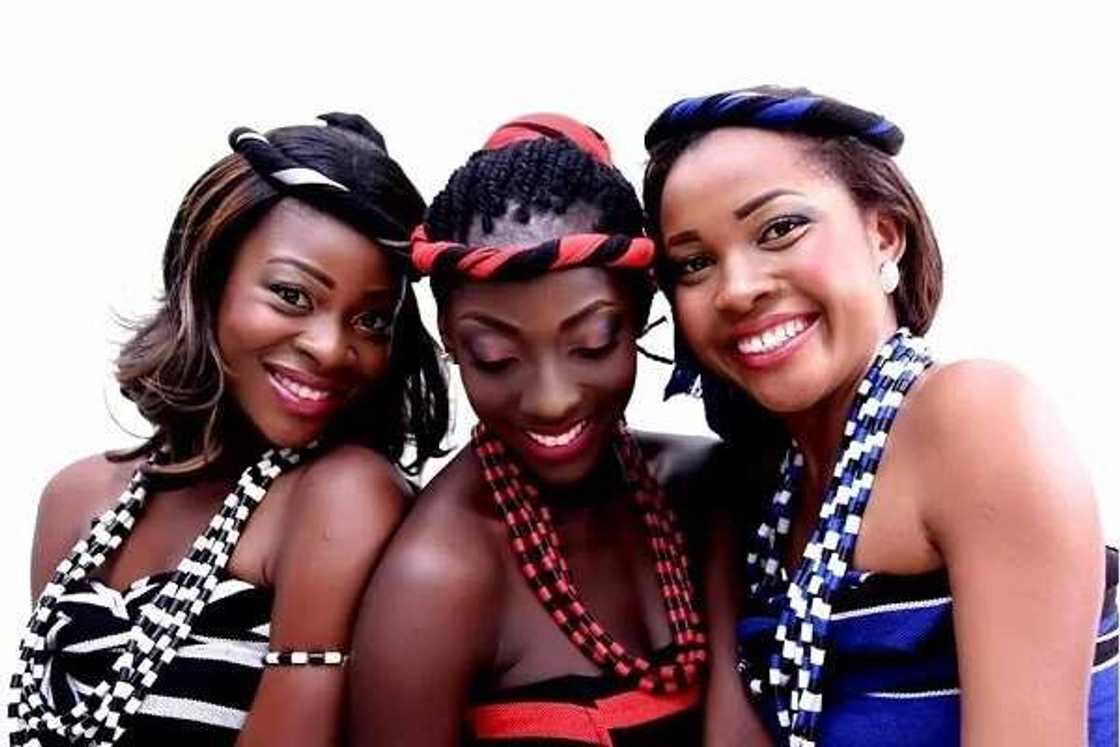
Source: UGC
Image source: travel.jumia.com
READ ALSO: History of Idoma: interesting facts to know
If you ask a stranger about their image of the culture in this area, they will most likely reply that Benue State is a state of colors, dances, music, and masqueraded festivals. This is what attracts a flow of tourists to this area, the chance of seeing the dances in their natural surroundings, not on the stage.
Is there any big and bright Benue cultural festival?
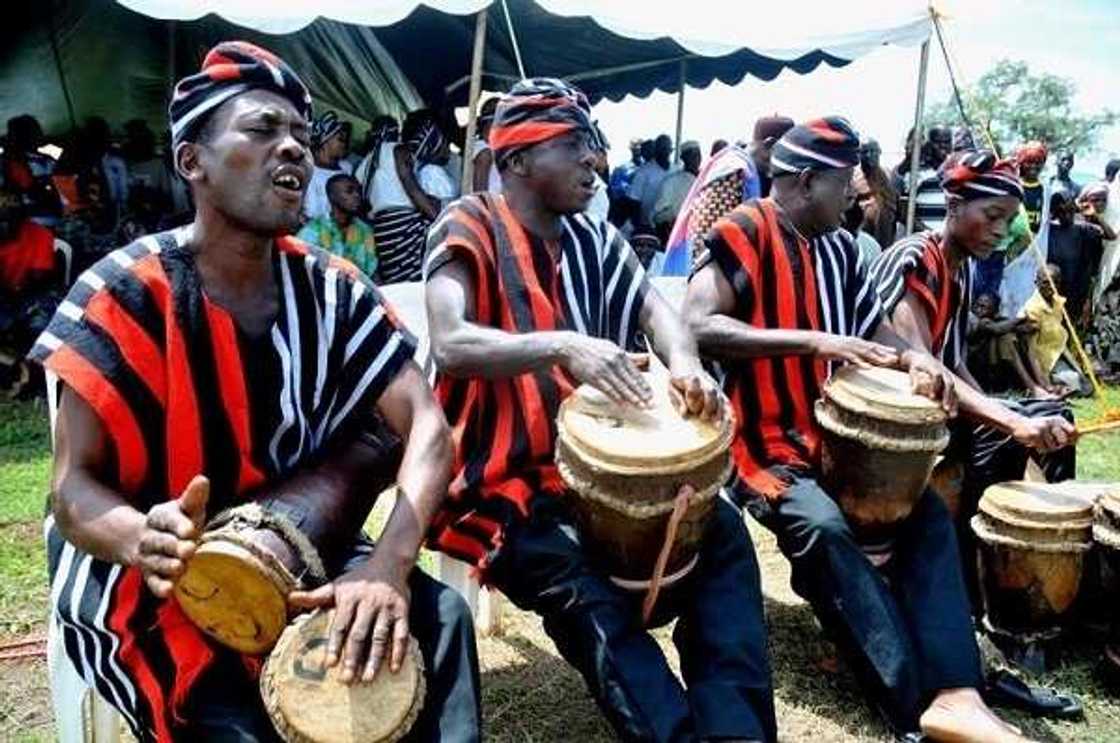
Source: UGC
Image source: blogspot.com
One of the brightest events of this type is an ancestral festival held by the local Idomas. They worship their deceased ancestors and reinforce the contact between the deceased and the living ones with the help of masquerades. Tourists are often attracted to Benue State only to watch this festival.
The local Igedes also have their festival, which is held early in September. This is the festival of yam, which is loved dearly in this area. However, this festival usually takes place in the governmental areas, which are densely populated with the Igede people (there are nine such areas, which belong to other tribes than Tiv).
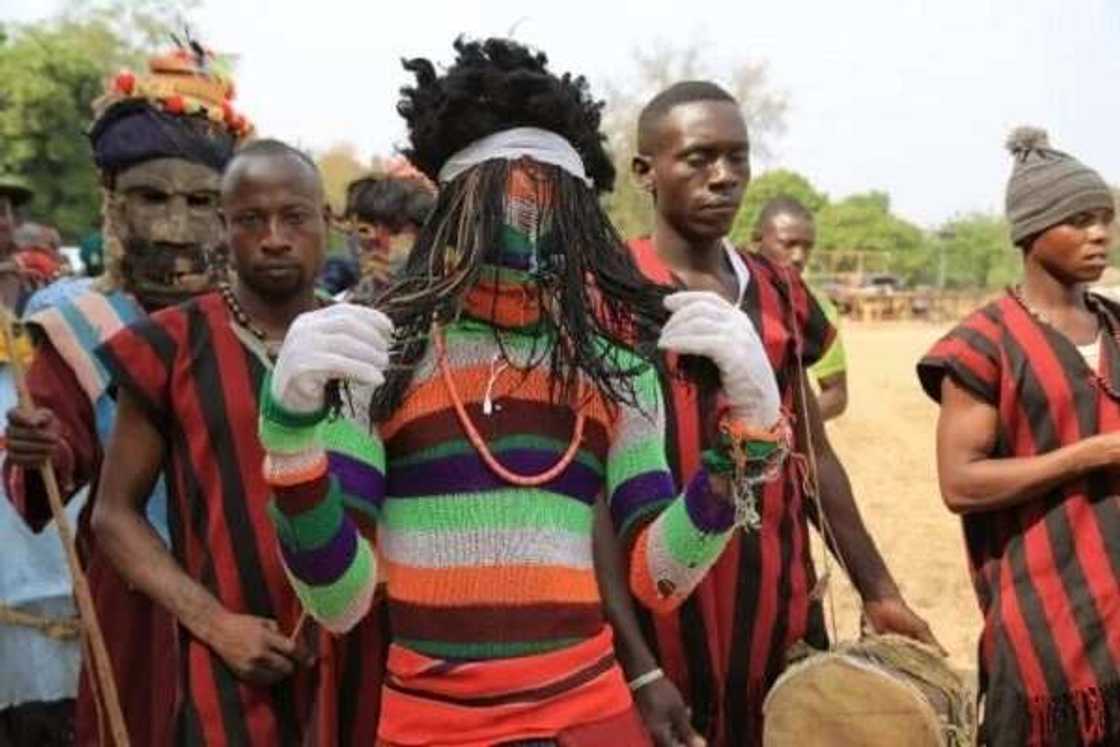
Source: UGC
Image source: hometown.ng
Tiv people have a festival each time somebody gets married: Tiv marriage parties are often colorful and very vibrant. In addition to the marriage ceremonies, they often have dance competitions, and the dance of choice is usually Swange. Finally, the Tiv tribe has its own puppet show called Kwagh-hir, which is a lot of fun and a great entertainment.
What is specific about the Benue marriage culture?
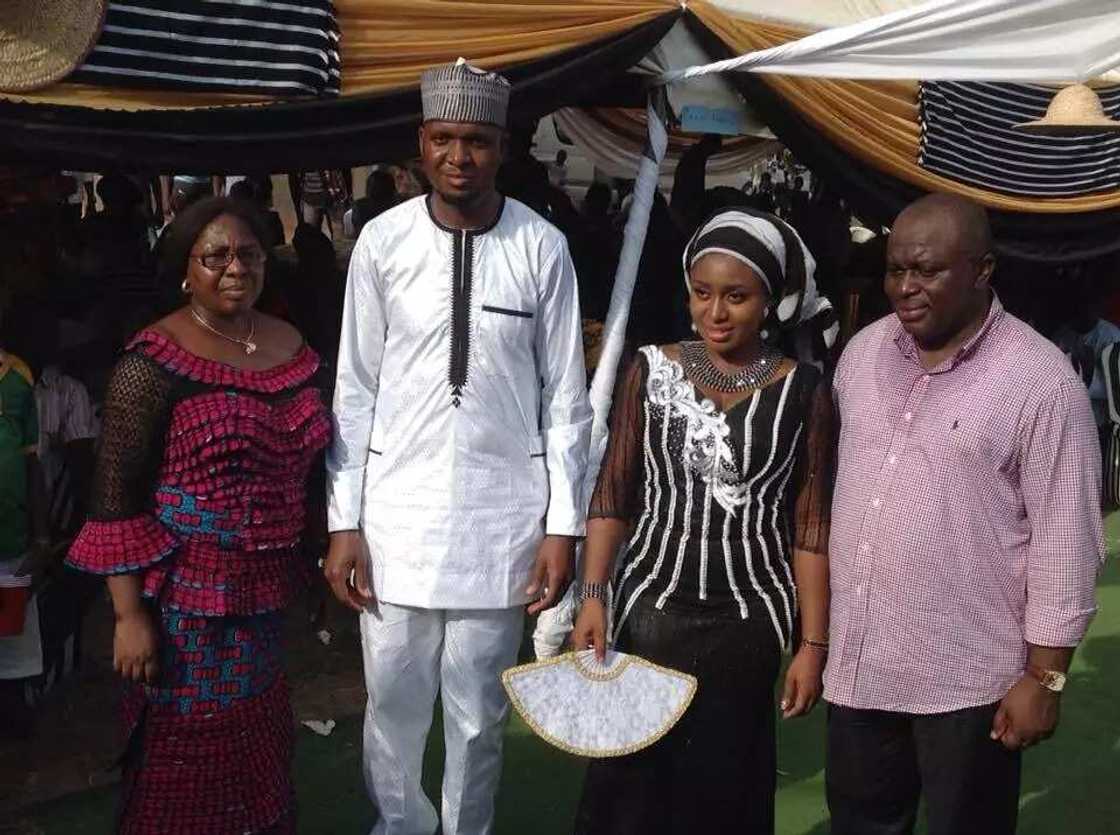
Source: UGC
Image source: blogspot.com
Since the biggest ethnic group here is the Tiv tribe, their marriage rites are predominant in the area. There are several ways for them to get married or, rather, to obtain a wife by a man. Even though today the will of a bride means something (unlike the past when women were simply captured by their future husbands), the traditions are still similar to ancient ones.
It’s still popular to pay for girls whom men choose as brides. Even though it’s not buying a wife off as a slave as it used to be centuries ago, men still need to pay something to the family of his bride to be able to marry her. Sometimes, it’s done a bit later than the couple decides to date or be together. The man has a chance to think over his choice and pay when he’s completely ready. Among other existing ways of getting married, the colonial administration accepted this one as the most appropriate and banned other habits.
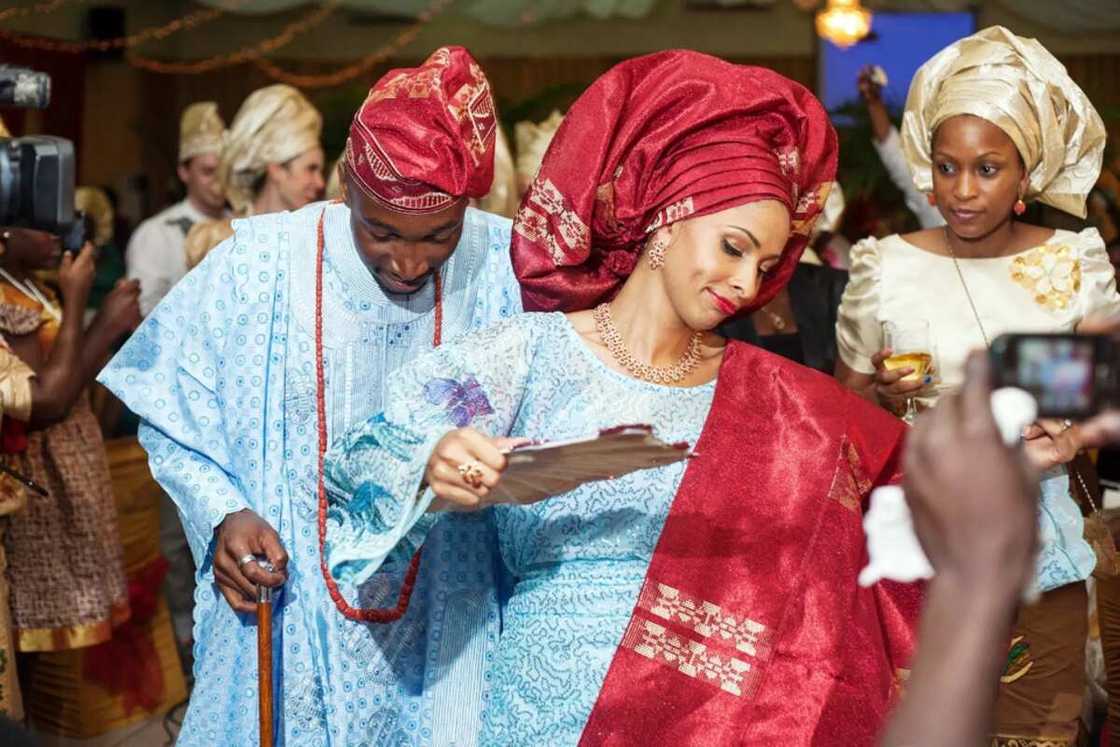
Source: UGC
Image source: blogspot.com
READ ALSO: Ijaw culture and traditions
Igede people had their own ways of getting married back then. The most honored woman, who was usually the mother of the would-be groom, usually chose the best girl (judging on her skills, and good character) and formalized an engagement. Everything usually worked quite smoothly if the bride’s side was not against such a marriage.
Then, the young people met each other officially (they could well be familiar to each other before), dressed as transparently as possible to give each other a clear image of what kind of bodies they had. The marks left on the man’s body by agricultural tools were usually treated in his favor. They were considered a sign that the man could take care of the family and feed his wife well.
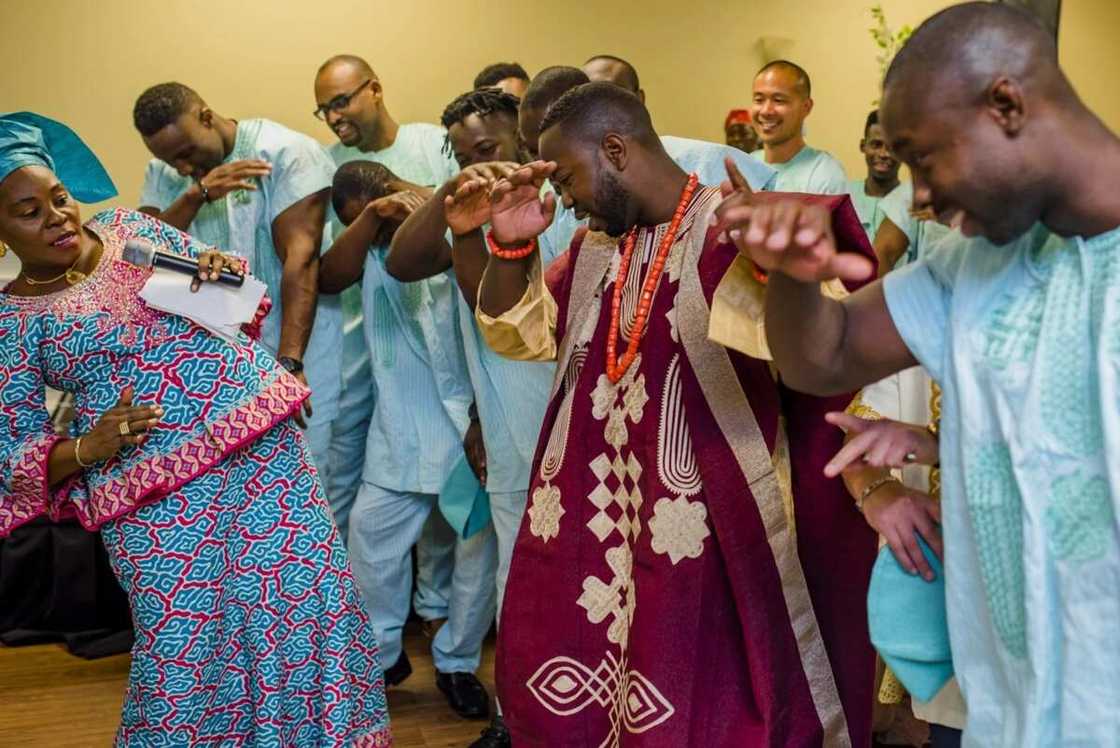
Source: UGC
Image source: blogspot.com
At that point, if the two liked each other, it was possible to start the courtship. The man, however, risked a lot because he needed to arrive with a party of his friends or relatives and it happened sometimes that the bride would give her preference to one of the groom’s friends.
Idoma people also have their marriage traditions. A man who’s at least 25 starts searching for a woman he would like and who’s at least 18. When he finds such a woman, he sends a person who knows her family to investigate whether they had or had not mental diseases, other health issues or antisocial traits. If everything is okay, the groom sends his family with gifts to the girl’s family.
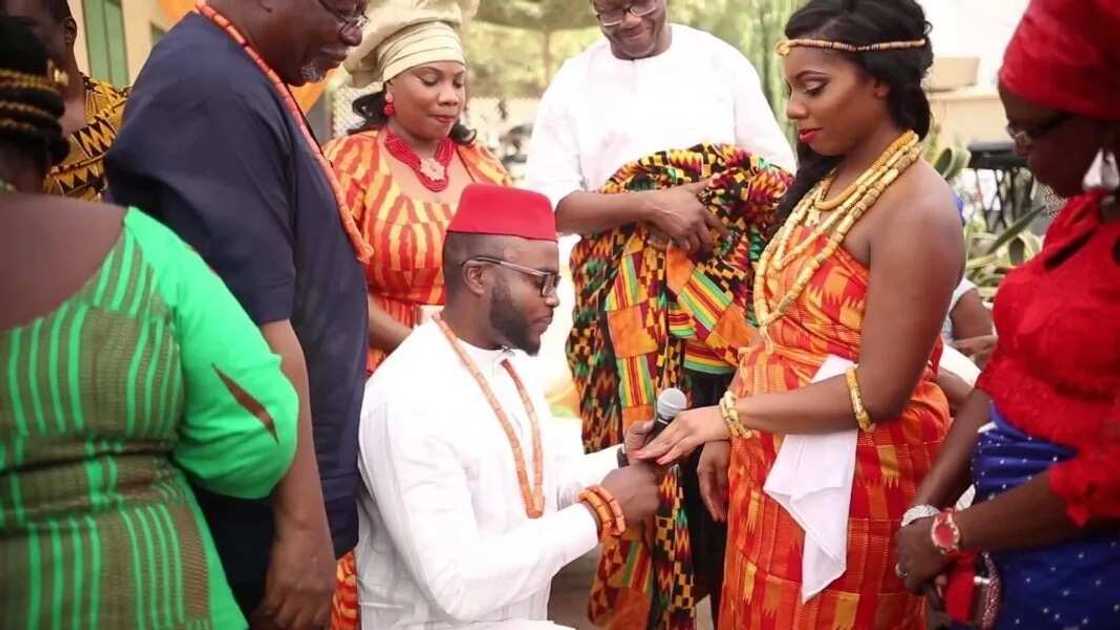
Source: UGC
Image source: blogspot.com
The second visit (if it’s scheduled) takes place for the future spouses to meet each other. Finally, the third visit is to pay the bride’s price and settle other things down. In case the bride refuses to marry the man, his family can keep the gifts they bring for the bride’s family.
One of the most valued things in brides is their physical innocence. This is a thing they are very proud of. However, in case the bride is not innocent at the moment of getting married, this is not a big tragedy. She’s taken to the ancestral shrine of the man’s family to pass a special rite when she’s “cleansed”. This rite is also called to bring her fertility.
The place of dances and music in the culture and traditions of Benue State
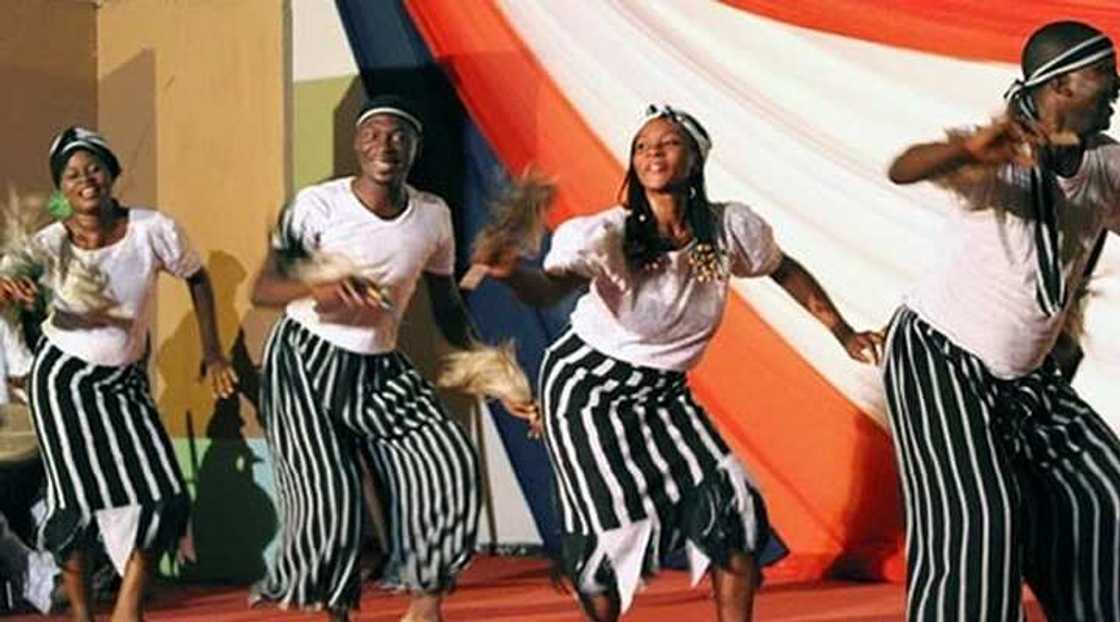
Source: UGC
Image source: facesinternationalmagazine.org.ng
Each of the ethnic groups that live in Benue State has their own cultural dances and music. They all have their roots in ancient times when all these performances were a part of a certain worship, a sacred rite. Since that time, a lot of things have changed and many people now believe in Christianity or Islam. Still, the ancient moves are here in the form of traditional dances.
Some of them are so popular that people from other countries know them and come to Benue State just to watch how they are being danced here to the local traditional musical instruments with their own sacred voices and names.
During the performance, everything makes a certain sense. The colors of clothes and decorations the dancers wear, special accessories they have in their hands or on their legs to add to the sound of the music – all this means something and all these details are carefully observed when the show is being prepared.
The local languages as a part of Benue State culture
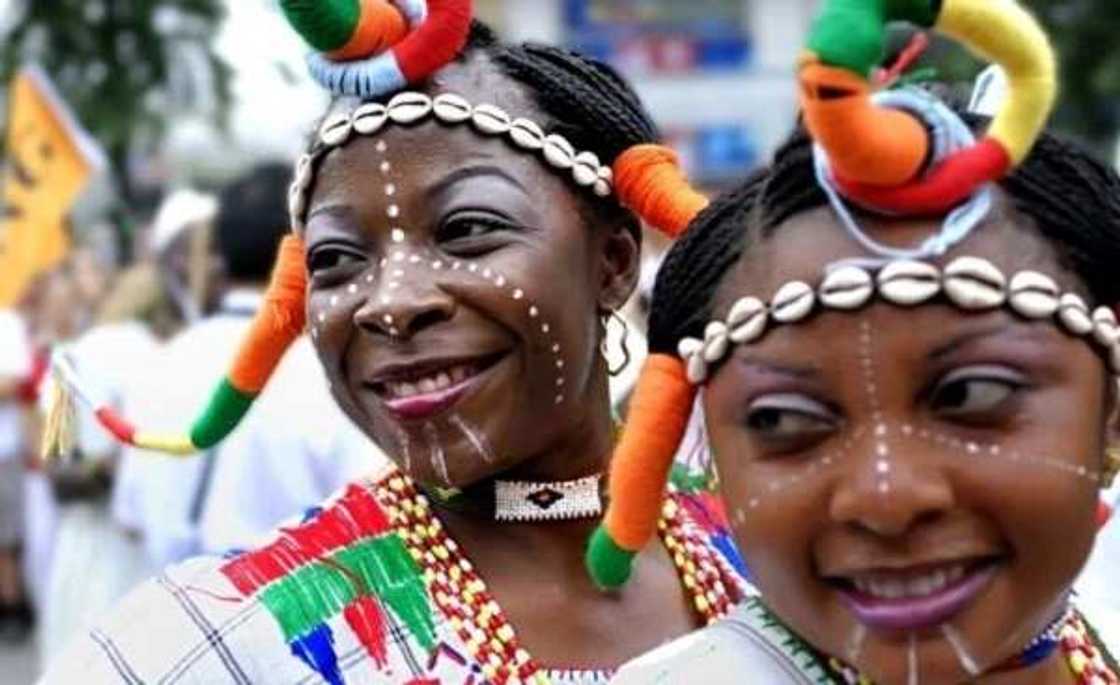
Source: UGC
Image source: allafrica.com
All the ethnic groups have their languages that differ from each other greatly. The difference begins from the fact that they all know the God with their own names and all these names have their own meanings. It’s curious how all these differences still make the nations of Benue State united and peaceful neighbors with generous and hospitable relationships.
READ ALSO: Tiv culture in Nigeria
Source: Legit.ng




